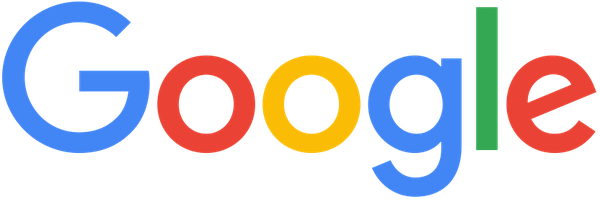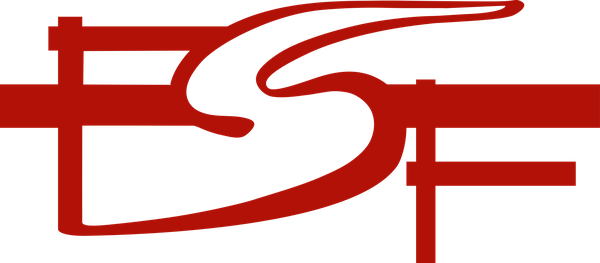NOTE: This session ultimately did not occur as described. We're planning a panel discussion at Copyleft Conf 2020 on a similar topic.
What is the maximum permissible scope for copyleft?
By
Van Lindberg
One of the key questions for copyleft licenses has always been the scope of the Corresponding Source code. Recent new licenses like the SSPL have sharpened the question by expanding what must be released to be compliant. This discussion goes to the core of copyleft: How far can copyleft go? Does the law put any constraints on its scope, even in theory? Come prepared with citations and arguments.
Monday 3:40 p.m.–5 p.m.
The scope of copyleft has always been right at the core of what it means to be compliant. Many of the FAQs (and arguments!) associated with GPL compliance have centered on the scope of license and what needs to be included as part of the "Corresponding Source."
But MongoDB's adoption of the Server-Side Public License (SSPL) has cast this question in a new light. The SSPL adopts a very broad reading of what works must be released and licensed to be compliant, encompassing "all programs that you use to make the Program or modified version available as a service, including, without limitation, management software, user interfaces, application program interfaces, automation software, monitoring software, backup software, storage software and hosting software."
With the SSPL as backdrop, this discussion will focus on the core legal question of copyleft: If we assume that a person wants to draft the strongest copyleft license possible, does the law impose any limits on the possible maximum scope of a copyleft license? And if so, how? Under what theories - license, contract, or both? Are there different permissible scopes based upon the allowable remedy?
Further, if there are likely to be limits on the scope of copyleft, how does that affect our analysis of the duties owed under various copyleft licenses?
This discussion will begin with a brief review of some of the applicable cases, followed by a back-and-forth in the Socratic tradition. Case citations and legal analysis will be especially welcomed.
Van Lindberg
Van Lindberg is a member at Dykema, where he focuses on matters at the intersection of technology and law, with particular expertise in the area of open source. Previously, he was vice president and associate general counsel for Rackspace, where he set the strategy and policy around patent, copyright, trademark, trade secret, and open source matters. In 2012, he was named one of “America’s top 12 techiest attorneys” by the American Bar Association Journal, and in 2018 was named one of IAM's "Global IP Strategy 300."




